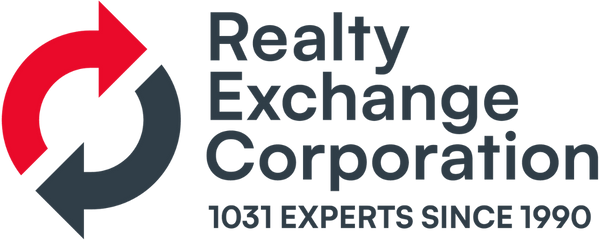A 1031 Exchange, also known as a “like-kind exchange,” is a mechanism for investors to defer paying taxes on the sale of investment or business property by exchanging investment property for different investment property. A 1031 Exchange can be an excellent way for investors to delay (defer) paying capital gains taxes, but it’s essential to understand the basic rules, timelines, and requirements.
Examples of property eligible for a 1031 Exchange includes residential rental estate, rental commercial space, apartments, or land. However, the property being sold and the property being bought must be “like-kind,” meaning they are of the same type or nature. This means that both the property being sold and the property purchased must be used only for business or investment purposes. A primary residence is not eligible for 1031 Exchange treatment. However, the investment portion of a ‘mixed-use’ property, partially used for investment and partially a residence, could also qualify.
The first basic rule of a 1031 Exchange requires completion within a specific timeframe. After selling an investment property, the investor has 45 days to identify a replacement property and 180 days to close the purchase(s). This timeline is critical and must be strictly followed, except in rare cases of federally declared disasters.
The 1031 Exchange also requires that the sale proceeds from the original property be held by a Qualified Intermediary, who will use those funds to purchase the replacement property.
Cash or other property received during the exchange may be subject to taxes. This is called “boot” and occurs if the value of the replacement property is less than the value of the sold property or if cash is taken out of the sale transaction and is not reinvested in replacement property.
Finally, consulting with a qualified tax professional or attorney is essential to ensure compliance with all rules and requirements of a 1031 Exchange. This can be a complicated process, and proper guidance is crucial. A Qualified Intermediary is not a tax advisor and does not give tax advice.
In conclusion, a 1031 Exchange can be a great way to save money on taxes when selling an investment or business property. Understanding basic rules, timelines, and requirements is essential to ensure a successful Exchange. Following these rules and seeking professional guidance allows an investor to maximize this valuable tax-saving opportunity.
